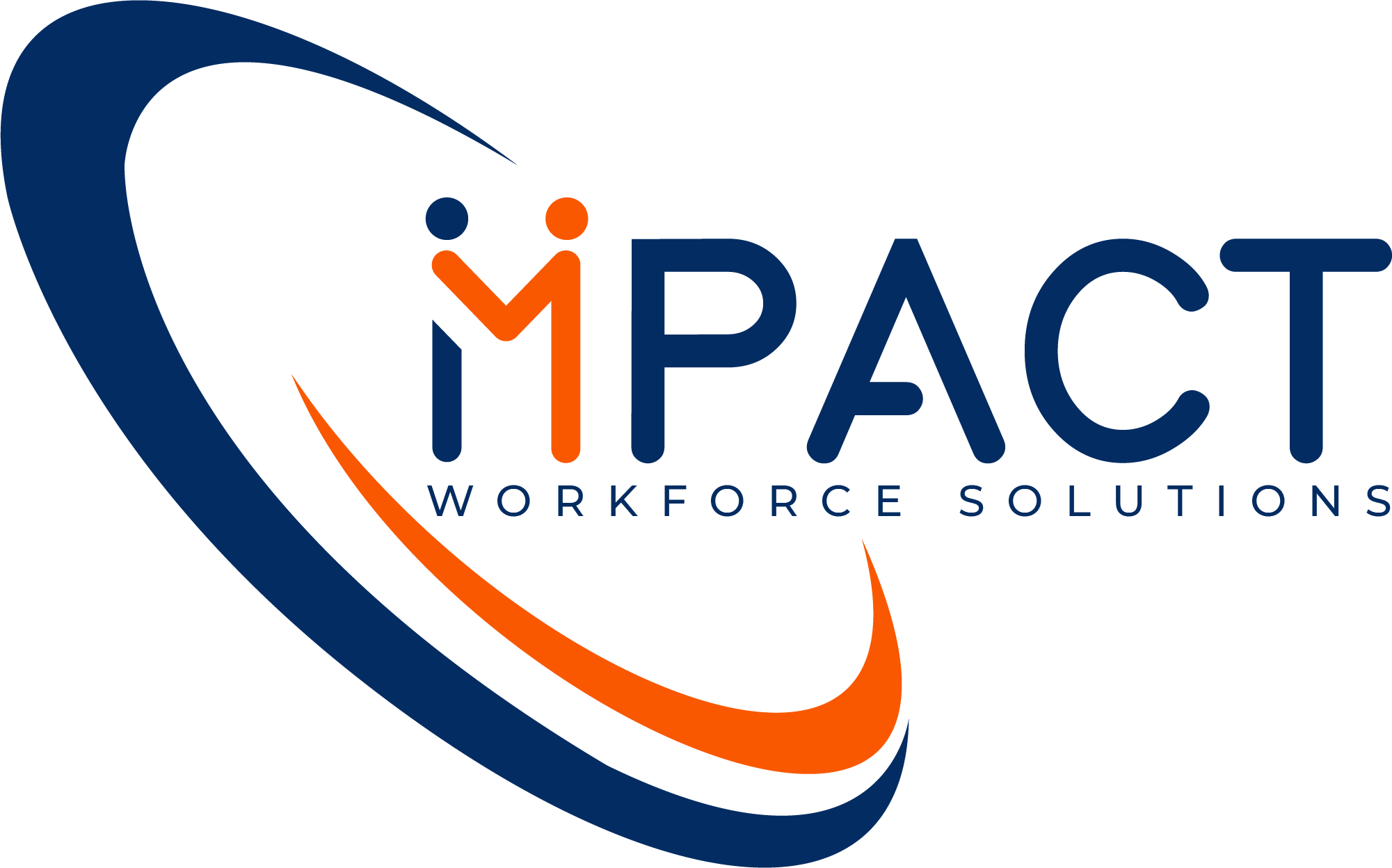
In today’s business world, organizations face a pivotal challenge: balancing cost management with new standards for business responsibility. This delicate equilibrium involves navigating a complex terrain of ethics while simultaneously managing business performance. Mounting social and shareholder expectations for sustainability, employer brand-building, and social impact initiatives have ensured ethical decision-making is a priority.
As new objectives emerge, the pressing question shifts from if to how these goals can be effectively achieved. One strategy stands out: workforce optimization. Join us in exploring transformative opportunities to exemplify business ethics while maximizing business performance.
Business responsibility in the modern workforce
Corporate responsibility has evolved beyond philanthropy and regulatory compliance. It now encompasses an organization’s duty to balance economic success with more nuanced ethical and social considerations, emphasizing long-term sustainability and brand reputation over short-term gains. To reach new potential and meet new expectations for corporate responsibility, business leaders must examine all contributing factors:
- Environmental stewardship: Businesses must actively reduce their environmental footprints by lowering carbon emissions and optimizing resource use, demonstrating commitment to planetary health.
- Employee experience: Organizations must prioritize the holistic development, mental health, and overall satisfaction of their employees, as their collective well-being reflects company values.
- Product safety: Businesses must ensure end-to-end product safety for both employees and consumers.
- Customer experience: Businesses are expected to provide transparent and fair interactions with consumers, delivering on promises made in marketing and advertising materials.
- Diversity, equity, and inclusion (DEI): Fostering a workplace that values diversity, ensures equity, and promotes inclusion has become a cornerstone of corporate responsibility.
These components are crucial not only for maintaining a positive public image but also for impacting consumer behaviors and shareholder decisions. As investors continue to gravitate toward companies embracing ethical responsibility, a staggering 87% of consumers state they would purchase a product simply because the company advocated for an issue they cared about.
In recent years, workforce management and strategic investments in employee experience have emerged as powerful levers driving high value. They extend beyond traditional benefits and salaries to include cultivating a workplace culture of well-being, continuous learning, and workforce empowerment.

Empowered contingent workers drive business performance
In the modern business paradigm, empowering employees has proven to be a pivotal driver, boosting job satisfaction, productivity, and overall business success. As the labor market continues to transform with new technology, this principle now extends to an organization’s contingent workers, who form a dynamic segment of the workforce.
Even within this workforce, empowerment and productivity share a symbiotic relationship. Empowered contingent employees exhibit higher job satisfaction and engagement, leading to increased efficiency and proactive contributions. This positive correlation fosters an inclusive workplace culture where contingent workers feel not only valued but also integral to the organization’s success.
For contingent workers, empowerment is particularly vital for building trust and commitment. It instills workers with a sense of responsibility, enhancing trust and cultivating loyalty while stimulating creativity. An empowered contingent workforce contributes novel ideas and perspectives, thereby enriching the overall work environment.
Empowered workforce optimization
Workforce empowerment is a key factor in enhancing organizational efficiency and effectiveness. Several strategies can be employed to achieve this:
- Empower employees with decision-making authority, ensuring it does not lead to undue stress.
- Actively seek and value employee feedback and opinions.
- Allow autonomous decision-making within clearly defined boundaries.
- Provide clear pathways for career advancement and professional growth.
- Recognize and reward individual and team contributions.
At the core of these strategies is workforce optimization, which involves aligning human resources strategically with business objectives, creating a positive and efficient working environment. When this approach prioritizes empowerment, it yields several significant benefits:
- Enhanced accountability, leading to increased productivity
- Strategic resource allocation without compromising cost control
- A culture of adaptability and innovation
- Improved compliance and risk management
- Enriched data to improve strategic decision-making
Ultimately, workforce optimization that emphasizes empowerment significantly influences an organization’s reputation, productivity, and sustainability. A positive internal culture enhances the company’s reputation as an employer of choice, while empowered employees contribute to heightened productivity, ensuring a motivated and efficient workforce. This stability promotes the organization’s long-term sustainability and success.

Empower your workers — optimize your workforce
Ethical responsibility and effective cost management have one thing in common: They’re not optional. The surge in expectations from both social and shareholder circles for sustainability, employer branding, and impactful initiatives underscores the imperative of responsible business.
The path forward calls for embracing workforce optimization and workforce empowerment. Fostering a culture of trust, innovation, and productivity not only fortifies an organization’s reputation but also ensures its long-term success in a competitive and ethically conscious market.
